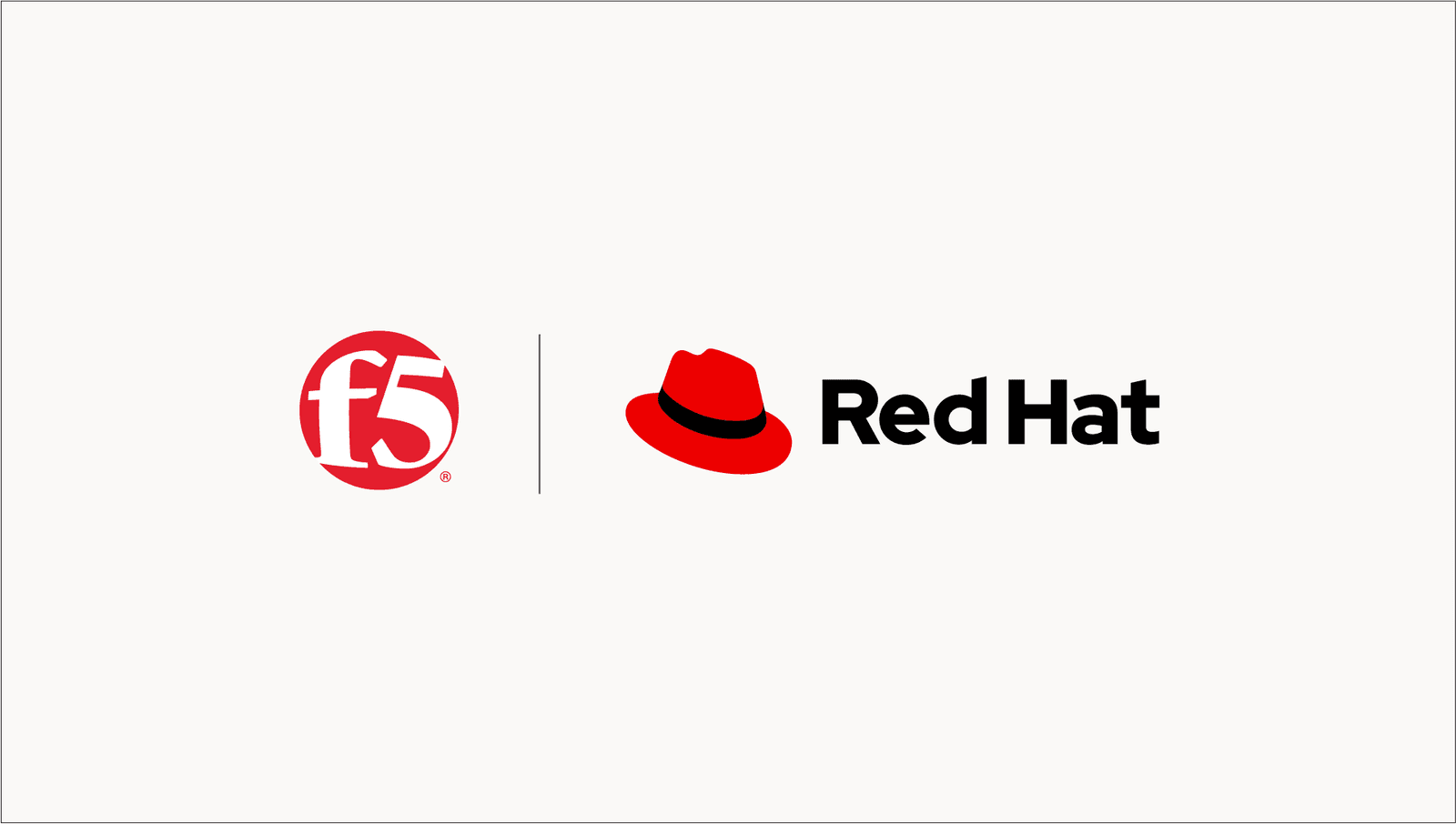Using AI to enhance their apps, organizations can achieve everything from improving employee productivity to predicting future trends to creating highly personalized customer experiences. Already, 42% of enterprise-scale organizations have actively deployed AI into their business, according to IBM’s 2023 Global AI Adoption Index, and AI adoption is expected to grow steadily over the next few years as companies search for new ways to drive innovation.
As organizations increasingly incorporate AI into their businesses, F5 has been collaborating with Red Hat to help our customers protect and manage their AI-powered applications alongside their existing investments. We’re also helping our customers capture the full benefits of AI by giving them the flexibility and choice they need to manage their AI-enabled apps across on-premises, public cloud, and edge environments.
AI is fueling today’s complex app landscape
While AI promises tremendous benefits, it can expand the security and management challenges organizations currently face. In terms of security, AI-related risks ranging from unauthorized access to the exploitation of AI models are adding a wide range of cyber hazards to an already complicated threat landscape. And as AI further accelerates the use of APIs, securing those APIs is critical to minimizing risk exposure. An individual API can have dozens or hundreds of endpoints, all of which must be secured to protect app integrity.
From a management standpoint, AI is adding complexity to an already challenging app landscape. Today, the vast majority of companies deploy their apps and APIs across a hybrid multicloud environment. Indeed, 88% of companies operate in multicloud environments, with 38% deploying applications in six different environments, according F5’s recently released 2024 State of Application Strategy Report.

As companies deploy AI-powered apps, they are continuing to do so across the same hybrid environment they already use for their existing apps. In fact, our research shows that while 46% of respondents plan to locate their AI engines in the public cloud, another 35% plan to locate them in both the public cloud and on-premises. In the age of AI, more apps will eventually move to the edge, leading to an even more distributed app landscape than what currently exists.
In addition, AI can exacerbate the struggles companies experience managing their API environments. In the past few years, the use of APIs has grown exponentially, with 41% of organizations now managing at least as many APIs as apps, according to our research. Because AI relies heavily on modern apps (which, in turn, rely on APIs), their use will only continue to skyrocket. Indeed, many organizations already manage hundreds and even thousands of APIs. And by 2026, Gartner predicts that 30% of the increase in demand for APIs will come from AI and tools using large language models.
F5 + Red Hat: Making AI application security real
F5 and Red Hat are working together to address these challenges by delivering the security they need in the age of AI. Together, we make it easier to secure and manage AI-powered apps no matter where they’re deployed. And together, we harness the power of AI to automate the automation of app management.
- Optimizing AI-enabled apps for security: Red Hat OpenShift AI provides a flexible, scalable MLOps platform that enables users to build, deploy, and manage AI-enabled applications. By using this platform with F5 Distributed Cloud Services, organizations can connect the networks where these apps are running, while safeguarding the applications themselves from potential attacks. Distributed Cloud Services help bolster AI-powered apps with enhanced security features in the same way they can protect other workloads, simplifying the management of the entire app landscape. They also help organizations implement security measures for their proliferating API environments—with automatic API discovery that can identify API endpoints and monitor APIs for anomalous behavior.
- Automating the automation: Red Hat Ansible Lightspeed is a generative AI service designed to speed the adoption of automation by expanding its development to more content creators. As more organizations tap into this capability, F5 is working with Red Hat to simplify the management of these automated environments. For example, by using F5 BIG-IP Automation Toolchain with the Red Hat Ansible Automation Platform, customers may eventually automate the manual tasks of deploying and configuring their BIG-IP and BIG-IP Next instances. While currently in the proof-of-concept stage, this example demonstrates how we can simplify the management of complex app landscapes as AI takes hold.
Working together to drive AI innovation
While AI is poised to transform business, it can also bring heightened security and management challenges. F5 and Red Hat are working together to address these issues, closely collaborating to turn AI into a reality for our customers.
Coming to Red Hat Summit? Be sure to stop by Booth 410, where we’ll be demonstrating F5 + Red Hat AI-related solutions. Also, check out our recent blog post, F5 + Red Hat + Integrators: Powering the Cloud Partner Ecosystem.
About the Author

Related Blog Posts

Why sub-optimal application delivery architecture costs more than you think
Discover the hidden performance, security, and operational costs of sub‑optimal application delivery—and how modern architectures address them.

Keyfactor + F5: Integrating digital trust in the F5 platform
By integrating digital trust solutions into F5 ADSP, Keyfactor and F5 redefine how organizations protect and deliver digital services at enterprise scale.

Architecting for AI: Secure, scalable, multicloud
Operationalize AI-era multicloud with F5 and Equinix. Explore scalable solutions for secure data flows, uniform policies, and governance across dynamic cloud environments.

Nutanix and F5 expand successful partnership to Kubernetes
Nutanix and F5 have a shared vision of simplifying IT management. The two are joining forces for a Kubernetes service that is backed by F5 NGINX Plus.

AppViewX + F5: Automating and orchestrating app delivery
As an F5 ADSP Select partner, AppViewX works with F5 to deliver a centralized orchestration solution to manage app services across distributed environments.
F5 NGINX Gateway Fabric is a certified solution for Red Hat OpenShift
F5 collaborates with Red Hat to deliver a solution that combines the high-performance app delivery of F5 NGINX with Red Hat OpenShift’s enterprise Kubernetes capabilities.
